As businesses evolve, so do their spaces. The world of commercial interior design is constantly changing, reflecting new needs, technologies, and aesthetic preferences. In this article, we will delve into the most significant trends shaping commercial interiors in 2024, drawing from personal experiences and industry insights.
1. Sustainable and Eco-Friendly Design
One of the biggest trends in commercial interior design is sustainability. As businesses become more environmentally conscious, they seek designs that minimize their ecological footprint.
Key Elements of Sustainable Design
- Use of recycled materials
- Energy-efficient lighting and appliances
- Low VOC (volatile organic compounds) paints and finishes
Pros and Cons of Sustainable Design
| Pros | Cons |
|---|---|
| Reduces carbon footprint | Can be more expensive initially |
| Improves employee well-being | Limited availability of some eco-friendly materials |
| Enhances company reputation | May require more planning and research |
2. Biophilic Design: Bringing Nature Indoors
Biophilic design integrates natural elements into the workplace, promoting a sense of well-being and creativity among employees. This approach has gained traction as studies highlight its positive effects on productivity.
Elements of Biophilic Design
- Natural light optimization
- Indoor plants and green walls
- Water features and natural materials
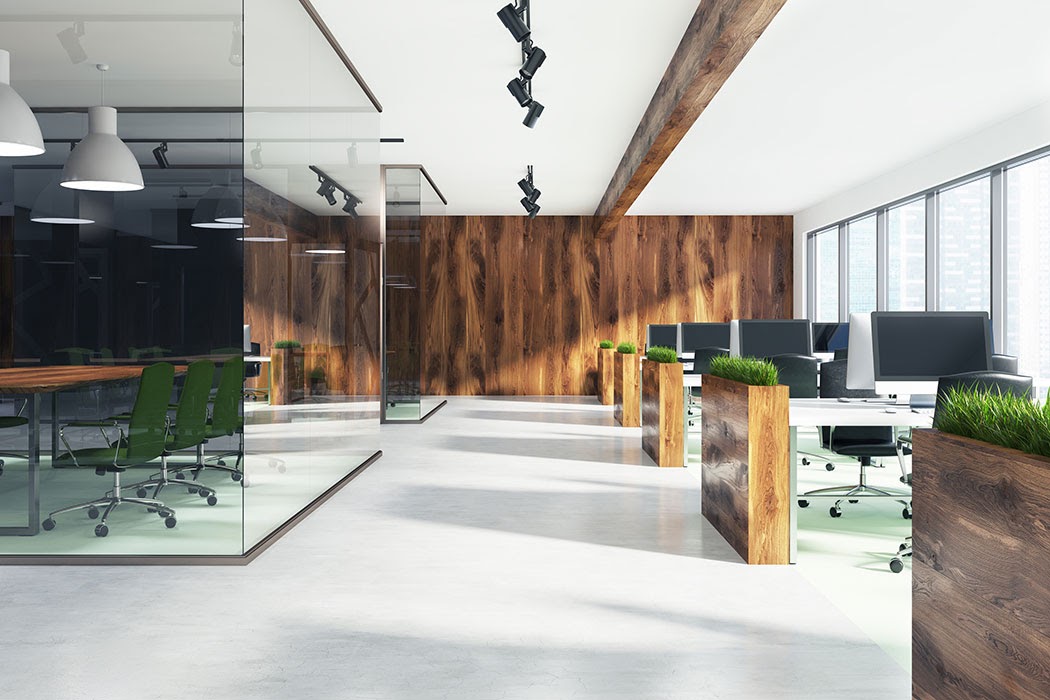
Benefits of Biophilic Design
- Enhances air quality
- Boosts employee morale
- Reduces stress levels
3. Flexible Workspaces and Adaptive Layouts
In recent years, the rise of remote work has changed how commercial spaces are designed. Flexibility is key, allowing companies to adapt to changing needs and work styles.
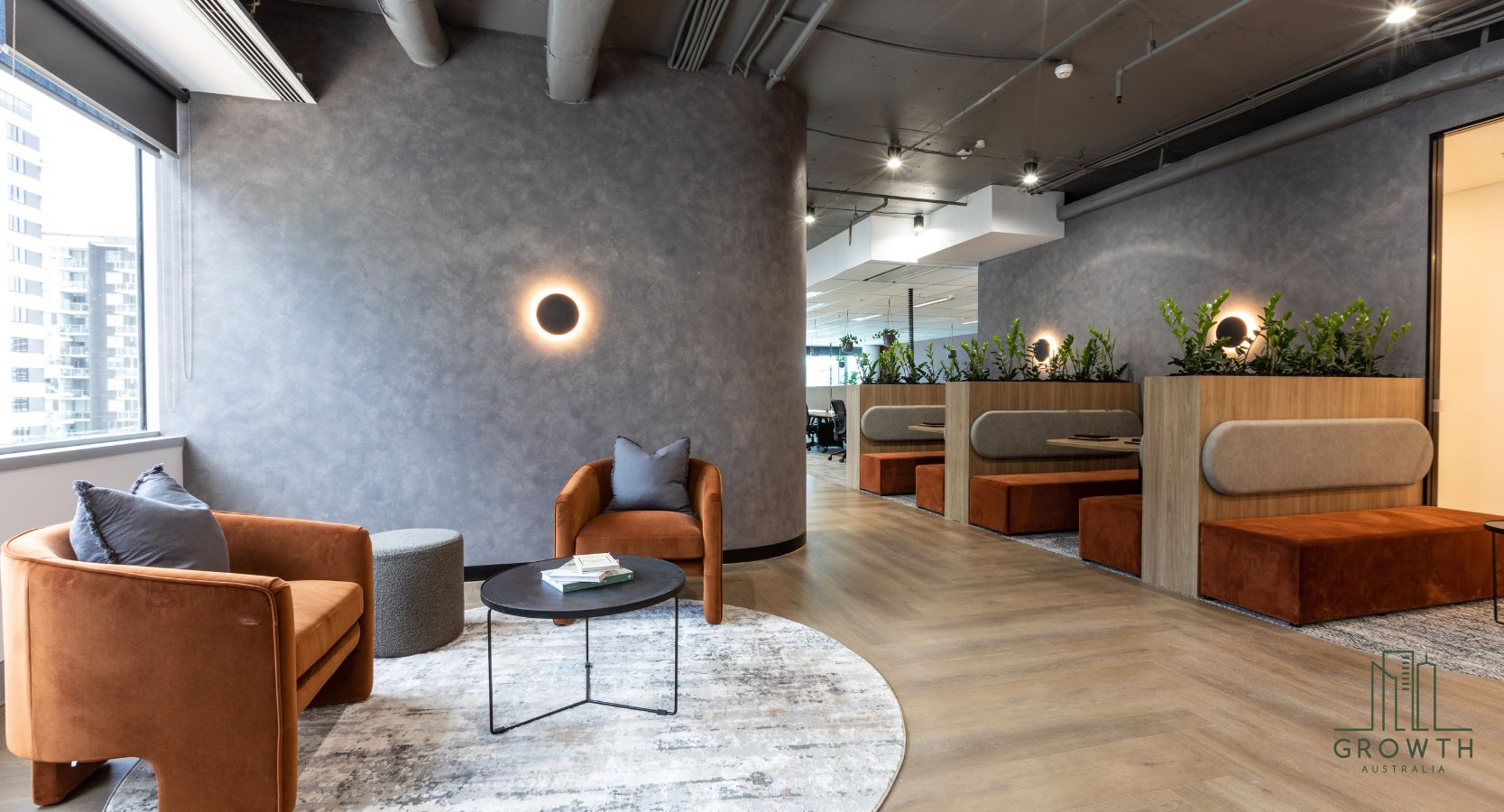
Innovative Workspace Solutions
- Modular furniture
- Collaboration zones
- Private focus areas
Comparison of Traditional vs. Flexible Workspaces
| Traditional Workspaces | Flexible Workspaces |
|---|---|
| Fixed layouts | Adaptable setups |
| Defined roles | Multifunctional areas |
| Less collaboration | Encourages teamwork |
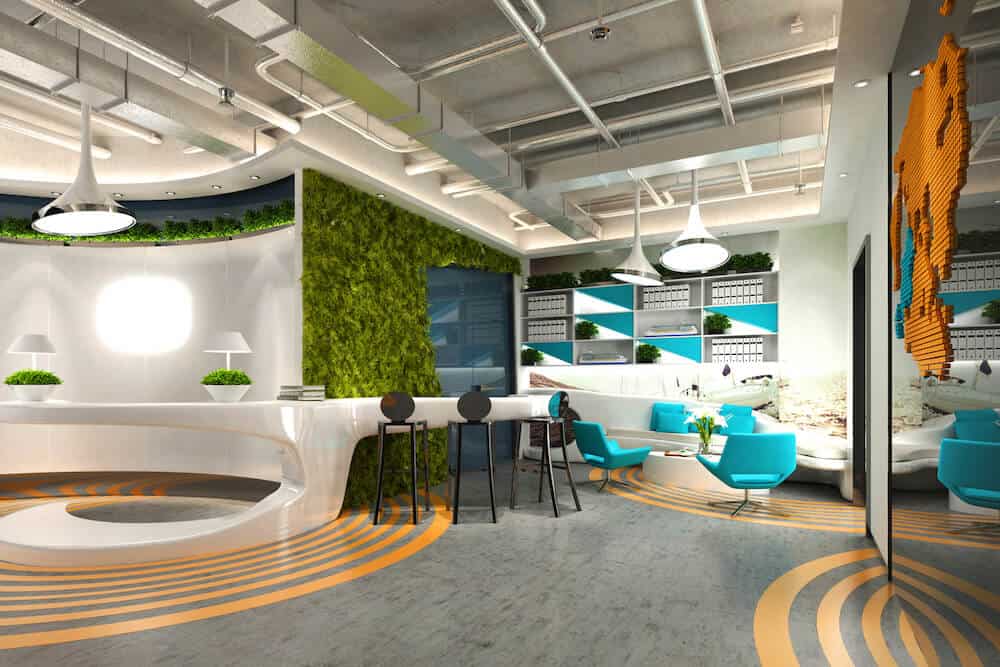
4. Technology Integration in Design
As technology advances, it has become a crucial element in commercial interior design. From smart office solutions to virtual reality experiences, technology is reshaping workplaces.
Examples of Technology in Commercial Design
- Smart lighting systems
- Integrated audio-visual equipment
- Virtual and augmented reality tools for design visualization
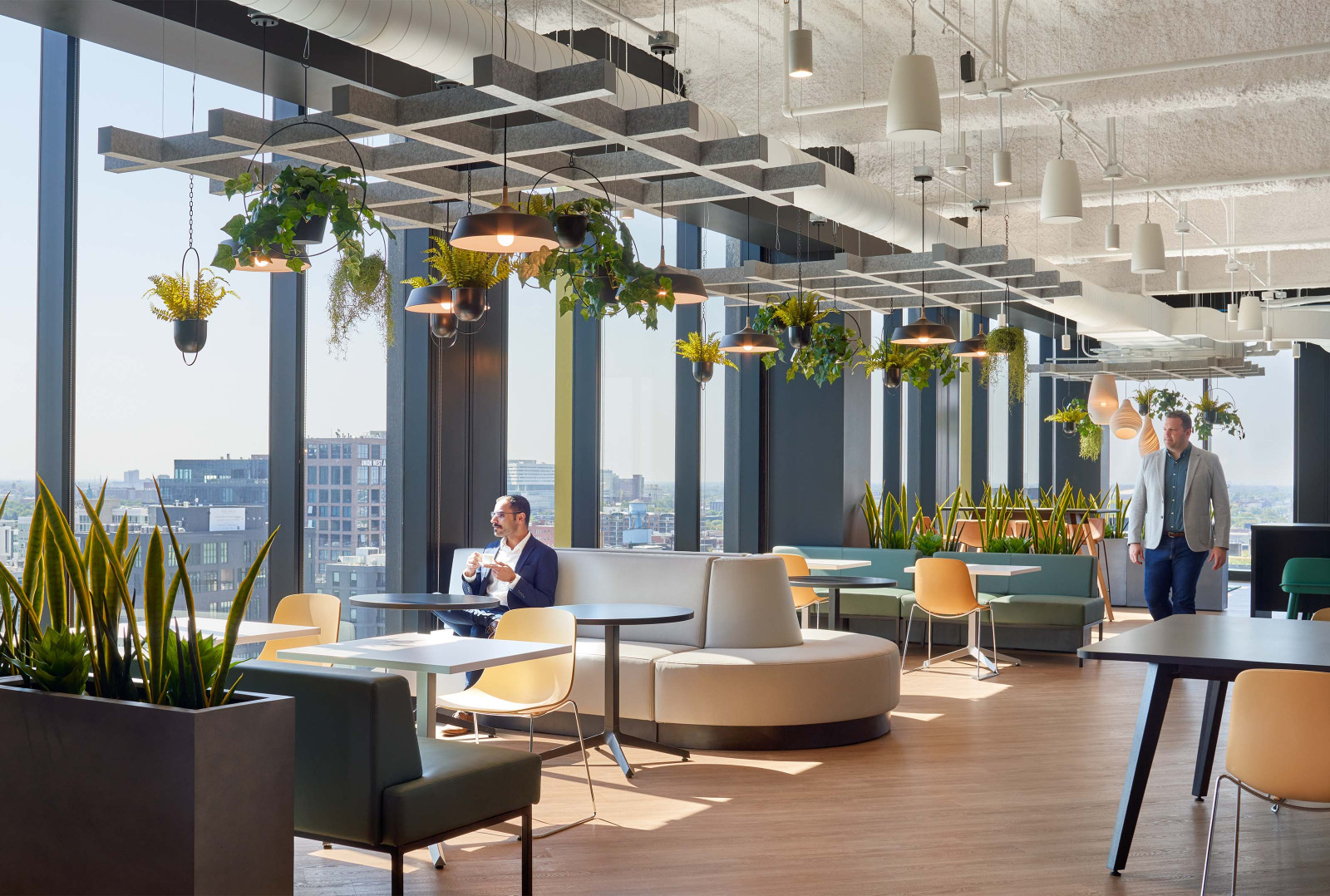
Advantages of Technology in Design
- Enhances functionality
- Improves communication
- Streamlines operations
5. Color Psychology in Commercial Spaces
The use of color in commercial interior design can have a profound impact on mood and productivity. Understanding color psychology can help create environments that enhance employee performance.

Color Choices and Their Effects
| Color | Effect |
|---|---|
| Blue | Promotes calmness and focus |
| Green | Encourages creativity and innovation |
| Red | Stimulates energy and productivity |
6. Minimalism and Open Spaces
Minimalism continues to be a dominant trend in commercial interior design. The emphasis on open spaces encourages collaboration and communication, making the work environment more inviting.
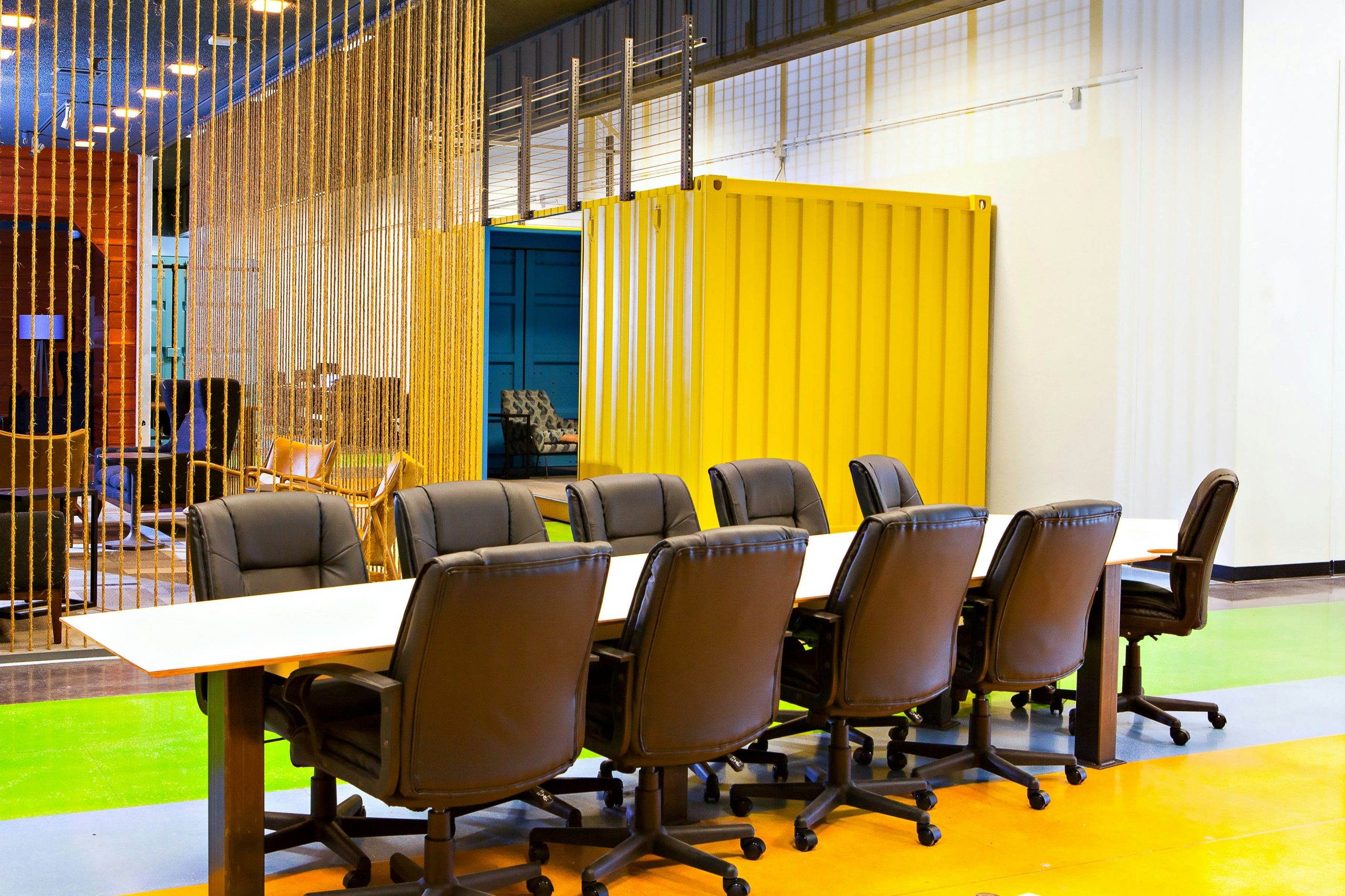
Key Features of Minimalist Design
- Neutral color palettes
- Simplified furniture and decor
- Uncluttered spaces
Benefits of a Minimalist Approach
- Reduces distractions
- Creates a sense of calm
- Improves space utilization
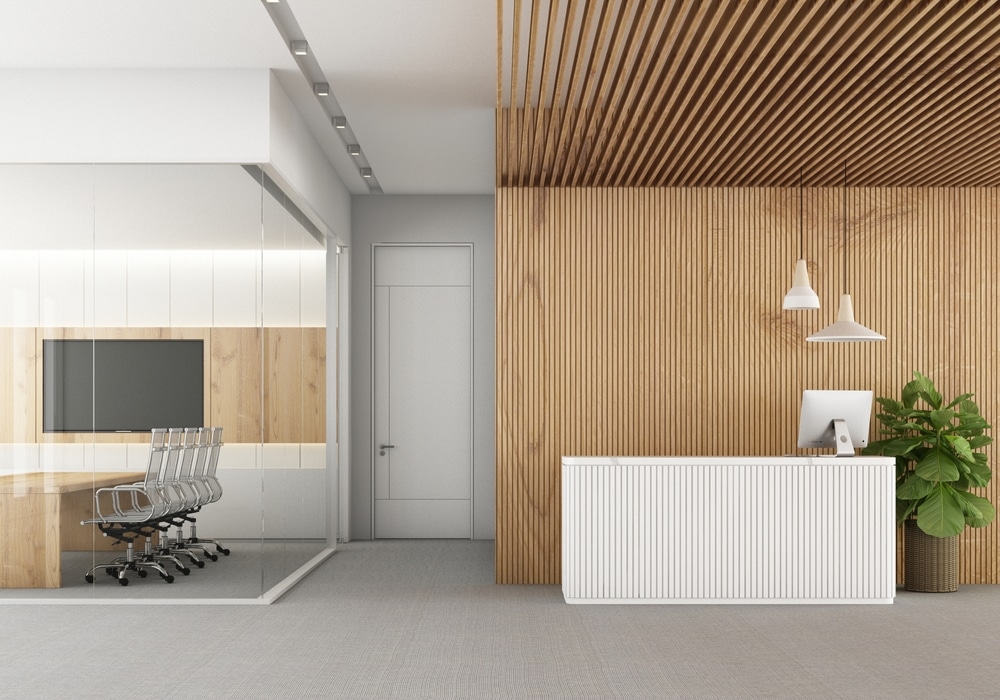
7. Customization and Personalization
As the need for individuality grows, businesses are leaning towards customized designs that reflect their brand identity and values. Customization can significantly enhance the workplace experience for employees.
Ways to Incorporate Personalization
- Artwork and branding elements
- Employee input in design decisions
- Flexible furniture options to suit personal needs
FAQs on Commercial Interior Design Trends
What are the most important trends in commercial interior design for 2024?
Key trends include sustainable design, biophilia, flexible workspaces, technology integration, and minimalism.
How does biophilic design benefit employees?
Biophilic design can enhance air quality, boost morale, and reduce stress levels, leading to a more productive workplace.
Why is customization important in commercial spaces?
Customization helps reflect brand identity and improves employee satisfaction by making spaces feel personal and welcoming.
How can technology be integrated into commercial interior design?
Technology can be integrated through smart lighting, audio-visual setups, and virtual reality tools to enhance functionality and design.